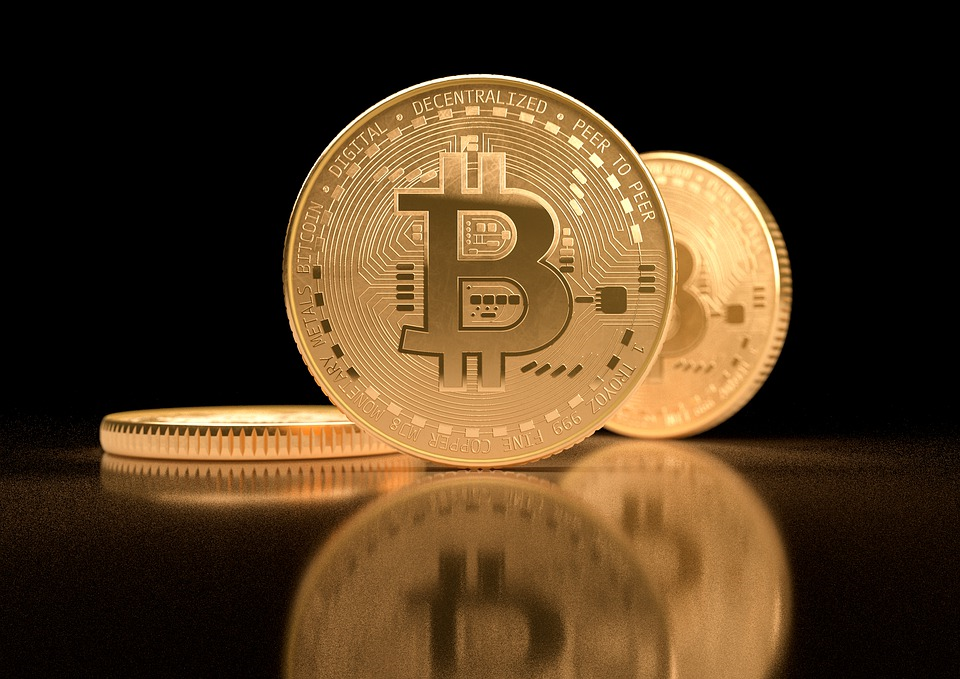JPMorgan: El Salvador’s Bitcoin Adoption Can Clog the Network and Limit Its Use

Last month in June 2021, Latin American country El Salvador passed the Bitcoin law making BTC a legal tender in the country. A team of analyst at JPMorgan have raised concerns over such a large-scale adoption by the country.
The team noted that this can create pressure on the Bitcoin network causing major congestion. Besides, they also highlighted concerns over Bitcoin network’s illiquidity. The report notes that more than 90% of the coins have not moved in over a year with a “significant and rising fraction held by wallets with light turnover”.
The decreasing number of coins that can offer liquidity coupled with the surge in BTC adoption in El Salvador can occupy a sizeable chunk of the existing transaction volume. The report notes: “Daily payment activity in El Salvador would represent ~4% of recent on-chain transaction volume and more than 1% of the total value of tokens which have been transferred between wallets in the past year.”
The report thus goes to convert that decreased liquidity of Bitcoin with a simultaneous surge in its adoption can bring major limitations to the Bitcoin network’s potential as a medium of exchange.
However, to address these issues in JPMorgan’s report, there are some mechanisms already in place. The Layer two scaling networks can help in reducing congestion on the Bitcoin blockchain while simultaneously reducing the fund transfer fee. With initiatives like Bitcoin Beach, El Salvador has already started adoption layer 2 solutions like Lightning Network and RSK.
A few weeks back, President Nayib Bukele had confirmed that his government will launch Bitcoin wallet Chivo. This government-backed wallet will also have Layer 2 scaling solutions that will allow users to send BTC and USD free of cost.
El Salvador will be formally accepting Bitcoin as a legal tender later on September 7. Some critics have questioned this move from the existing President Nayib Bukele who has been instrumental in forming the BTC law.
However, there have been several uncertainties surrounding El Salvador’s BTC adoption. Some critics have questioned the country’s move on BTC while others have argued that it will violate constitutional rights.
In another poll conducted by JPMorgan, they found that 46% of Salvadorians have no idea what Bitcoin was.


